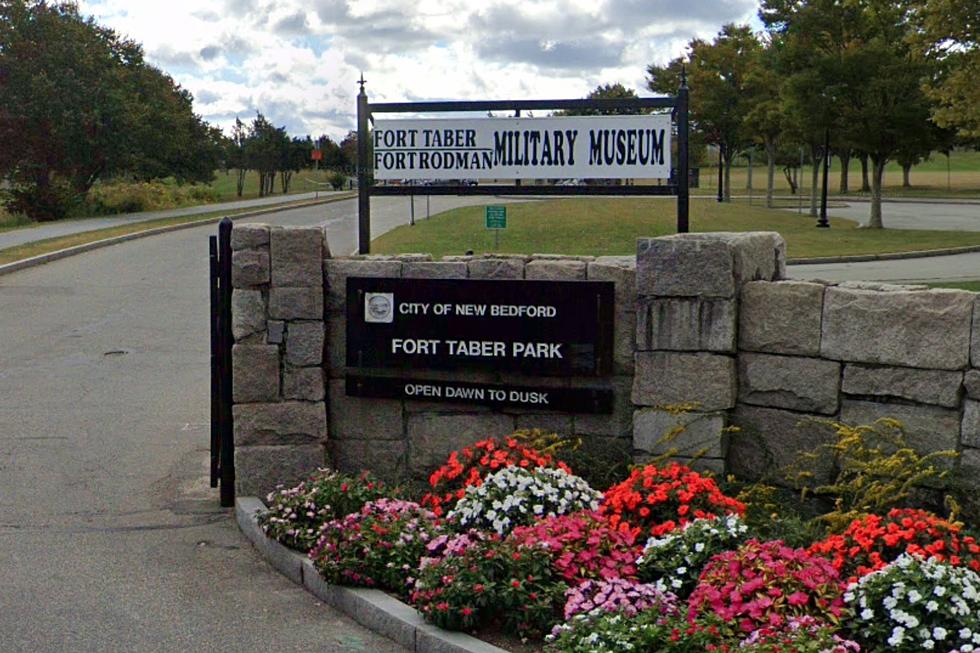![Journey to Center of Earth [PHIL-OSOPHY]](http://townsquare.media/site/518/files/2020/11/Earthquake.jpg?w=980&q=75)
Journey to Center of Earth [PHIL-OSOPHY]
The nation heard about "our" Sunday morning earthquake. Like thousands of you, I heard the loud boom and then heard the rumbling sound as the ground wobbled.
I wanted to understand earthquakes a little more after this local episode, so I turned to one of the best sources, the New Bedford Public School's Simone P. Bourgeois, facilitator of the nationally-renowned Sea Lab Marine Science Education Center.
Bourgeois said Sea Lab owns three seismographs and the young scholars in grades 3-9 learn all about the wonders and mysteries of Earth and Space Sciences, Physical Science, Engineering and Technology as they relate to marine and aquatic environments. The students learn that New Bedford lies on an ancient fault zone, and if we journeyed deep into the Earth's center, we'd find a solid ball of iron and other metals that can reach temperatures up to 10,800 degrees. Of course, we're all cool crust dwellers, wearing our expensive sneakers, so we don't give a second thought to what lies far beneath our feet.
Sunday morning's 3.6 quake (it was first reported as 4.2 before being downgraded twice) was the strongest in this area in decades because this area lies on a fault line, a fracture along which the crust has moved. All but the very deepest earthquakes occur on faults, and the reason the quake sounded loudly is that it was a small one and we were almost on top of its epicenter near Bliss Corner in Dartmouth.
On Monday, the day after the quake hit, I received a call from a listener who described an earthquake he witnessed in Alaska when he was in the service in March of 1964. When I got off the air, I found out that that earthquake the listener lived through was a magnitude 9.2 that struck Prince William Sound, the largest recorded earthquake in modern American history.
So far, scientists can't predict earthquakes, but they can occasionally forecast them. Bourgeois said anecdotally there's a theory which states that animals sense the electrical vibrations in the air before humans know what's happening. Do you think it's possible that the kids in Sea Lab's 2021 summer enrichment program might be investigating animals predicting earthquakes prior to their occurrence?
These are the things that create a passion in our children to want to learn.
Phil Paleologos is the host of The Phil Paleologos Show on 1420 WBSM New Bedford. He can be heard weekdays from 6 a.m. to 10 a.m. Contact him at phil@wbsm.com and follow him on Twitter @PhilPaleologos. The opinions expressed in this commentary are solely those of the author.

More From WBSM-AM/AM 1420









